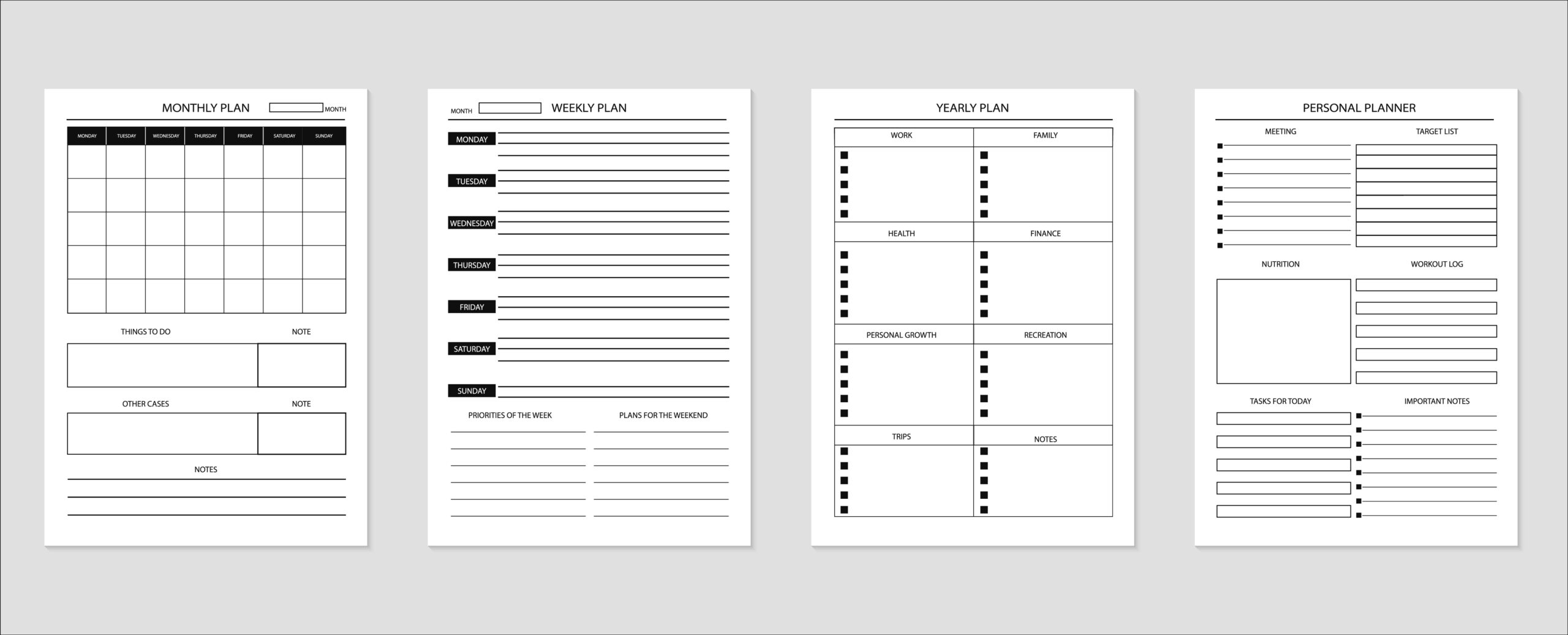Keeping a Mileage Log Book

IMPORTANT: This post is specific to New Zealand. If you are not a New Zealand business/taxpayer then it is probably not applicable to you.
Keeping a log of your motor vehicle mileage is an important (and often overlooked) aspect of your record keeping. In this article I will give you some pointers on how to properly maintain the required records. The requirements and issues are different for each of the three methods of accounting for motor vehicle expenses (for a primer on the different methods of handling motor vehicle expenses check out our earlier article “Pimping your Ride“):
- If you are using the Mileage Claim method then you need to keep an actual log of business mileage. There is no need to log total or personal mileage. A test period is not allowed. The objective is to get a total number of kilometres traveled ON BUSINESS for the period/year.
- If you are using the Share of Use method then you need a log of either ALL mileage (both business and personal trips) or the odometer reading at the start and end of the trip plus a log of ALL business trips. A test period is allowed. The objective is not actually a total of kilometres, per se, but to identify the PORTION of total kilometres travelled that were for business use.
- If you are using the Business Ownership method then a log of mileage is NOT required. You may still want to track mileage for purposes of client billing or charging employees for personal use (but this alone does not exempt you from Fringe Benefit Tax).
Test Period
If you are using the Share of Use method the IRD allow you to use a “test period” to determine the portion of your total mileage that relates to business use. You may take a period of at least three months. We need a log of all business travel during the log period, and the total number of KMs travelled during the period (start and end odometer readings, or records of EVERY trip taken). Once we have the percentage from this test period IRD will allow us to use this ratio for up to three years. It’s good practice to keep these records for seven years past the final year of use. Please note that the test period is not valid for the Mileage Claim method – you must keep actual records for this.
Tools to keep your log
The IRD does not prescribe the method or the means for recording this information – so scribbling on the bank of a used envelope may be sufficient. But it’s probably not ideal!
There are some log books that you can purchase from your local stationery store, or you can download and print our template (click here – it’s in PDF format). If you’re more tech savy a quick search in your app/play store for your device will show some smart phone apps. You may also want to check out GPS Logbook (click here) – a device that you simply plug into your vehicle’s cigarette lighter and it uses GPS signals to track your travel and then downloads it to your PC to create your logbook. It’s a little more expensive, but would be a fantastic solution for a frequent traveller who wants accurate records! Use promocode “LOGBOOK” for $15 off.
Additional Record Keeping for Share of Use Method
If you are using the Share of Use method, you need a bit more than merely knowing the portion of business travel that applies to this vehicle – you need to track the actual expenses for this vehicle as well (to apply the ratio against). Here are the types of expenses that you can claim:
- petrol costs
- WOF and repair costs
- car washes
- insurance
- registration
But you can’t claim your personal driver licence registration or non-vehicle purchases (such as snacks and magazines) at the petrol station (they need to be evaluated separately and my be 100% deductible – or not deductible at all if personal).
As always, we review Motor Vehicle expenses for all our Business Express clients every year. To find out how we can help you get your business moving faster please click here to book an appointment.